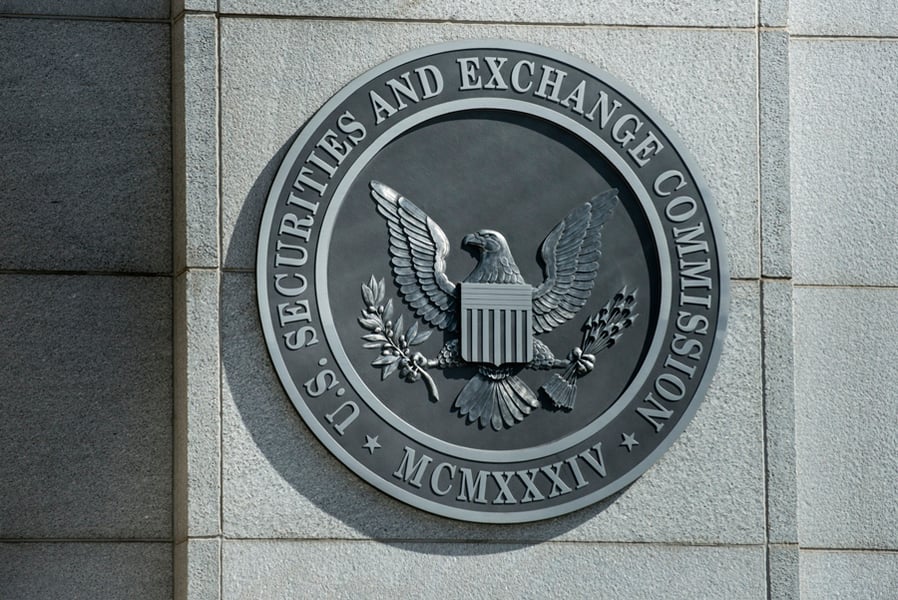

The Securities and Exchange Commission is warning brokerages to be vigilant in watching out for trading risks amid increased volatility in global markets.
The SEC’s trading and markets unit said in a statement Monday that firms should have “strong” risk management practices in place and that concentrated positions of prime brokerage counterparties “pose particular concerns.”
Wall Street’s main regulator said that firms should stress-test trading positions in light of “current events and potential market movements.” Financial markets have been experiencing wild price swings as investors grapple with rapidly changing geopolitical developments following Russia’s invasion of Ukraine.
Brokerages should also collect margin from counterparties as much as possible, and make efforts to determine their aggregate positions, the SEC staff said.
Brokerage counterparty risk became a major concern for the SEC last year when the implosion of Bill Hwang’s family office, Archegos Capital Management, triggered the sales of billions of dollars in equities and steep losses for major Wall Street firms. In December, the regulator released a plan that would place additional restrictions on firms trading security-based derivatives.

While industry statistics pointing to a succession crisis can cause alarm, advisor-owners should be free to consider a middle path between staying solo and catching the surging wave of M&A.

New joint research by T. Rowe Price, MIT, and Stanford University finds more diverse asset allocations among older participants.

With its asset pipeline bursting past $13 billion, Farther is looking to build more momentum with three new managing directors.

A Department of Labor proposal to scrap a regulatory provision under ERISA could create uncertainty for fiduciaries, the trade association argues.

"We continue to feel confident about our ability to capture 90%," LPL CEO Rich Steinmeier told analysts during the firm's 2nd quarter earnings call.
Orion's Tom Wilson on delivering coordinated, high-touch service in a world where returns alone no longer set you apart.
Barely a decade old, registered index-linked annuities have quickly surged in popularity, thanks to their unique blend of protection and growth potential—an appealing option for investors looking to chart a steadier course through today's choppy market waters, says Myles Lambert, Brighthouse Financial.
